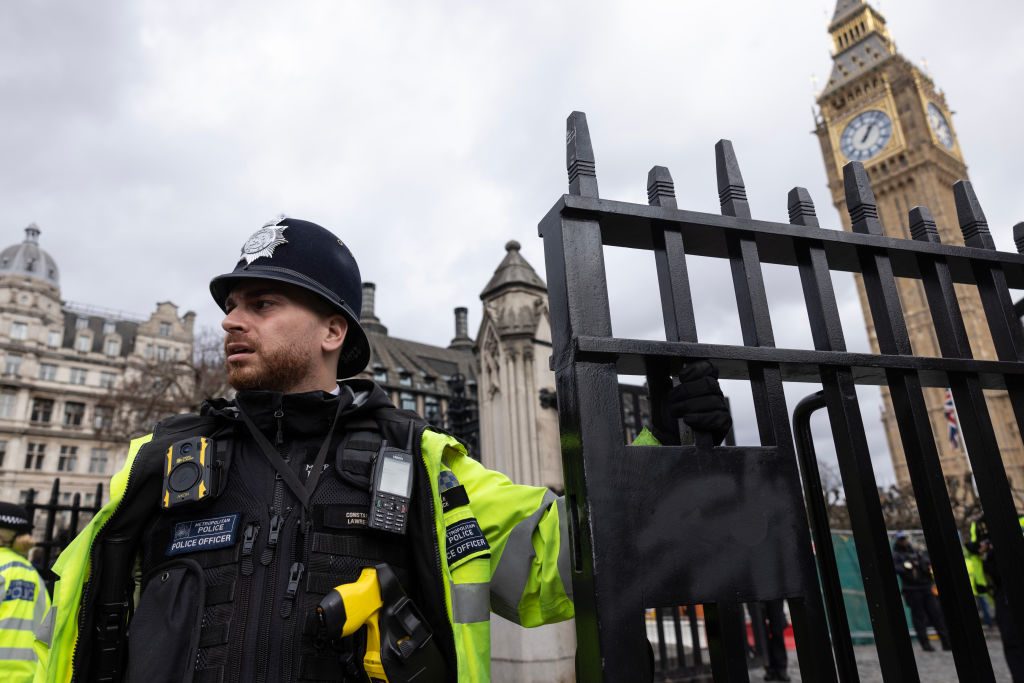The Metropolitan Police yesterday published an independent report by Dr Shereen Daniels, “commissioned by the service to examine how the organisation has responded to long-standing evidence of racism and discrimination”. It concludes that the Met is, in fact, systemically racist. What it really reveals, however, is that too many in senior policing roles really have lost the plot.
Using public funds to hire a racial justice activist to write a report about racism is bad enough, but the Met’s own press release skirts the bounds of honesty and integrity when it describes the review as “independent”. Commissioning an activist who makes a living from seeing racism everywhere was always going to end up with a thesis dripping in divisive critical race theory.
It hits all the usual progressive talking points. There is a section, predictably, on “queer identity”. Here’s an excerpt which gives the flavour of the report: “Queer Black people carry the weight of two systems of regulation: anti-Blackness and heteronormativity.” What’s more, according to the report, “their bodies, partnerships, and selfexpression unsettle the Met’s unspoken rules about masculinity, family and respectability”.
I have lived in London for many years. I have been a victim of crime in London, and served in the Met as both a volunteer and full-time police officer. The Met has many problems but “baked-in” racism isn’t one of them. A lanyard-wearing class that thrives on mediocrity and has an aversion to being accountable for the “c word” — crime — is, by contrast, the real problem that needs to be tackled. It also happens to be a challenge which can be overcome.
Bill Bratton’s epic turnaround of the New York City Police Department in the Nineties did just that. Creating a new accountability mechanism for crime and disorder, he made remarkable improvements to public safety and quality of life for New Yorkers.
The Met’s efforts at reform, meanwhile, have been lacklustre. Commissioner Mark Rowley has allowed the force and too much senior time to become bogged down in pathological listening sessions dominated by activists who will never be satisfied. If as much effort went into getting the basics right and supporting beleaguered officers as goes into indulging and even embracing political activism, there might be some progress.
Greater Manchester Police (GMP) is setting an example the Met should follow. While the Met fawns over activists, GMP gets on with driving up stop and search and empowering officers to help make the city safer. And it does work. The Met’s short-lived chief scientific officer, Professor Larry Sherman, found that increasing stop and search can “significantly reduce knife-related injuries and homicides in public places”. Many of Britain’s smaller forces also put London’s police to shame when it comes to fighting crime. Merseyside and Cumbria, for instance, are more likely to use stop and search per head of population than the Met.
Beyond the knee-taking and flag-waving of recent years, we can also observe senior officers and staff embracing activist vocabulary. The press release from yesterday, for example, uses the phrases “minoritised”, “white privilege” and “actively anti-racist”. This is ideological capture and the abandonment of political impartiality in plain sight. All it does is further erode public trust. As the “anti-woke” vibe-shift has shown, there will no doubt be an equal and opposite reaction.
We would all recognise that an army, navy or air force which values the championing of equality and diversity over competence in war is doomed to fail. And so it is with policing. It may take a new commissioner or mayor of London for the activist spell to be broken. But if the Met’s leadership isn’t careful, it will do what Black Lives Matter’s “defund the police” campaign failed to do, and end up making abolitionists of us all.











Join the discussion
Join like minded readers that support our journalism by becoming a paid subscriber
To join the discussion in the comments, become a paid subscriber.
Join like minded readers that support our journalism, read unlimited articles and enjoy other subscriber-only benefits.
Subscribe